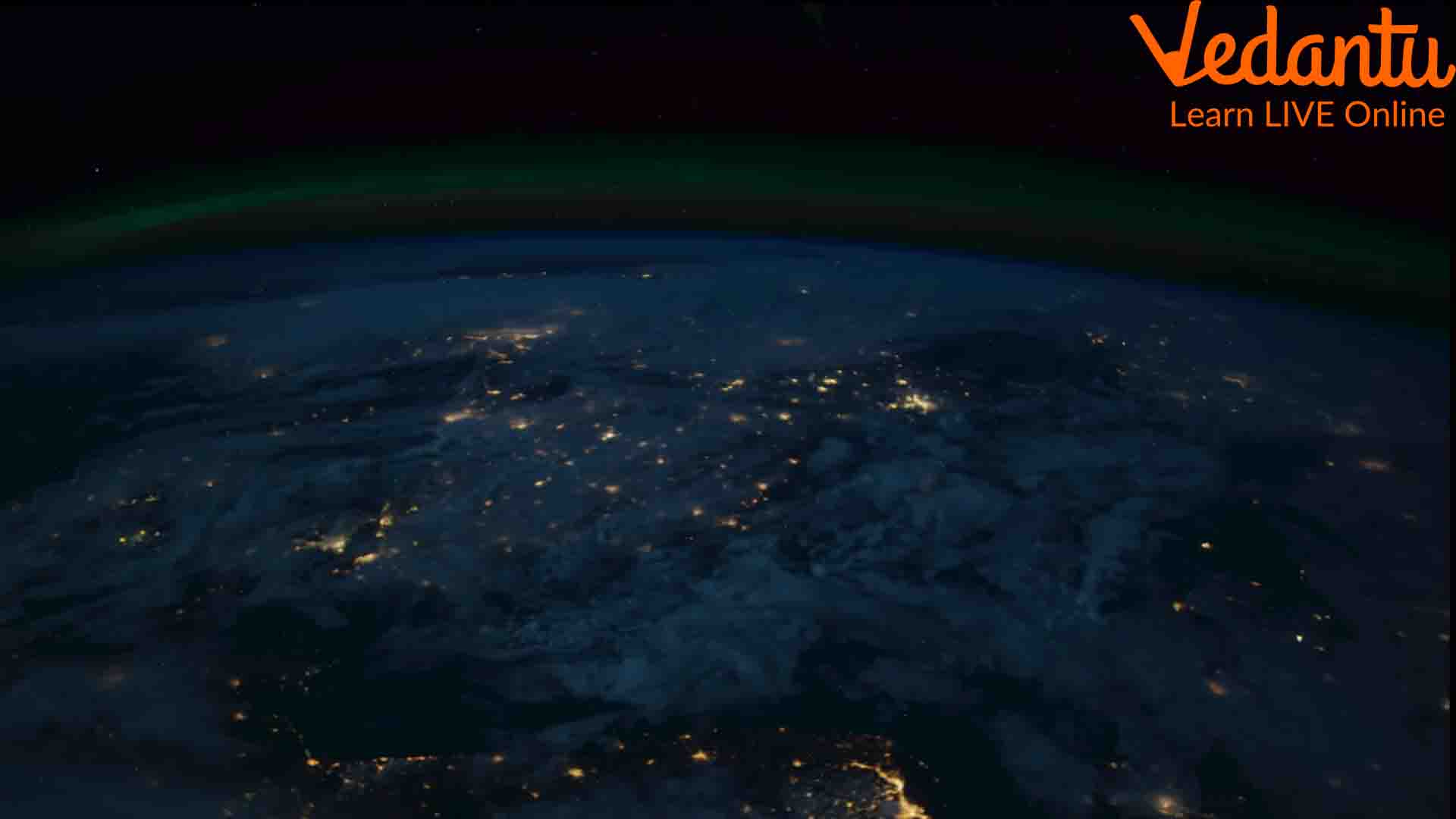Is the Earth Spinning Faster Bad? Here Is the Scientific Explanation
What if the Earth rotates faster? The days and nights will become shorter. The months will become shorter. This might not actually affect us virtually but there might be consequences we don’t know. It has been recorded by researchers that the Earth is rotating a little faster than expected.
What happens if the rotation of Earth speed reduces? What is the scientific reason behind the reduced speed? The normal rotational speed takes 23 hours and 56 minutes. We consider 24 hours for convenience and adjust the 4 minutes in different ways. Now the real question is whether this speed is reducing on a constant basis or not. Let us find out.
What is the Rotation of the Earth?
The spinning of the Earth around its axis is called the rotational motion of the Earth. We have calculated that the Earth takes 23 hours and 56 minutes to rotate around its own axis. We also do such movements at a very high speed but don’t feel it as we are connected to the surface and are under the gravitational force of attraction. This is the reason why we don't feel the Earth spinning.
If you live near the equator, you will travel as much as 40,000 km in 24 hours. It is the circumference of the Earth. Hence, the rotation of the Earth decides the time duration of a day and night in 24 hours.
The answer to the question ‘the Earth rotates from which direction to which direction’ is from west to east. This is why we see the sun rising in the east and setting in the west. What will happen if the Earth starts moving faster? Has it really happened? Let us find out.
Earth Spinning Faster Than Ever
As mentioned earlier, the Earth takes roughly 24 hours to complete one rotation. It means the Earth takes 86,400 seconds to do it. It is actually not correct. We have been adjusting the time with a leap second as the Earth is gradually slowing down. The rate of slowing down is very minute but the adjustment of our clocks is mandatory.
This has been the calculation followed for the last 50 years. It was scientifically concluded that the Earth is truly slowing down. We have set a convention of adding a leap second for time adjustment.
Recently, it has been found that the Earth is rotating at a higher speed than we speculated. It means the day span of the Earth has reduced as the rotational speed has increased a little bit. The Earth spinning fast has resulted in shorter days by a few seconds.
According to the latest calculations done in 2020, we witnessed 28 super days that were shorter than the conventional ones. As the Earth moving faster now has shortened our days, scientists have found that 19th July 2020 was 1.4602 milliseconds shorter than the conventional time span.
It is the shortest day scientists have recorded since the 1960s. The International Earth Rotation Service located in Paris has been watching and keeping records of the day span since the 1960s. The leap seconds added to our clocks since then cumulatively resulted in 27 days in 6 decades.
Why is Earth Spinning Faster?
The rotation of the Earth depends on many factors. The molten core present inside our planet, the moon, and the atmosphere determines the speed of the Earth while completing the rotations. We all know that the Earth is spinning on its axis.
There are theories that suggest the increase in the rotational speed of the Earth. One theory suggests that the freezing and melting of the ice caps on the mountains can be the reason. It happens as the mass drawn on the ice caps reduces the mass near the poles.
Another theory suggests that the outer layers and inner layers of the tides forming in the oceans generate forces that stimulate the rotational speed of the Earth.
Another theory related to global warming suggests that melting the ice caps in the poles makes the Earth rounder. It is also affecting the mass distribution of the Earth and influencing its rotational speed.

The Earth Experiencing Day and Night Due to its Rotation
Also Read: Forbidden Places on Earth: Where Not to Go Ever?
Is the Earth Spinning Faster Bad?
Virtually, we should not have any problem whether the Earth rotates faster or slower. The prime problem lies in the time calculation based on which all our artificial satellites are integrated.
The Global Positioning System (GPS) will not be accurate as the Earth is now moving faster causing the daytime to shorten by 1.4602 milliseconds. Even this small time difference can cause havoc.
This difference will also affect the detection of celestial bodies and their movements. We all know that light travels at a speed of 300,000 km/sec approximately. Detecting radiations from the celestial bodies will get distorted even for 1 millisecond. The results will not be accurate.
We can adjust the time according to such changes but the issues mentioned above need to be resolved too or else, a small change can result in a domino effect of various unpredictable events.
What Can We Do?
This is something where we cannot do anything. As we don’t know the exact reason behind the faster rotation of the Earth, we cannot conclude a solution either. In fact, a solution will be so huge that it will take years to implement.
All we can do is track the time taken by the Earth to complete one rotation and adjust. We have not seen any huge impact of the Earth rotating faster or slower. Who knows what is waiting in the future? Scientists are working relentlessly to find out the reason behind the faster rotational speed. They are also looking for the cumulative effect of this phenomenon.







